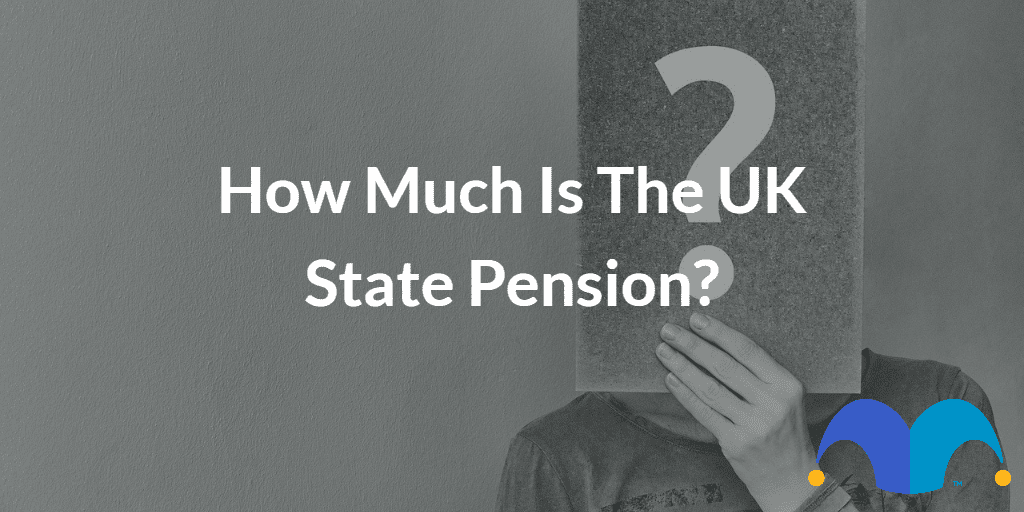We spend around 40 to 50 years of our lives working. So, for many of us, reaching retirement will definitely be cause for celebration. But how much can we expect to get from the State Pension? Here’s a look at what we can look forward to.
How much State Pension could I get?
The pension system was reviewed and simplified back in 2016. It means that there are actually two schemes – the basic State Pension (bSP), and the new State Pension (nSP).
The one you get will depend on when you were born. The amount you receive will depend on a number of factors.
Who gets the new State Pension?
You’ll be entitled to the new State Pension if you’re a man born on or after 6 April 1951 or a woman born on or after 6 April 1953. If that’s you, the maximum you can get for 2020/2021 is currently set at £175.20 per week.
Whether you get the full £175.20 will depend on your National Insurance (NI) contributions.
If you made NI payments before the rules changed in 2016, you could be entitled to more if you paid into the Additional State Pension. The amount may also be higher if you defer your pension.
If you’ve got no idea how much National Insurance you’ve paid or how much you’re likely to get by the time you retire, you can ask for a forecast. Simply head to check your State Pension forecast on the gov.uk website.
Who gets the basic State Pension?
If you’re a man born before 6 April 1951 or a woman born before 6 April 1953, you’ll get the basic State Pension, which is capped at £134.25 per week. You could get more if you:
- Paid into the Additional State Pension fund under the old system.
- Chose to defer your pension.
- Made extra National Insurance payments.
- Qualify for a ‘top up’ through your spouse or civil partner’s National Insurance contributions.
Remember that State Pension amounts are reviewed every year. The percentage increase is whatever is highest of the increase in average earnings, the consumer price index, or 2.5%. This trinity is known as the ‘triple lock’.
For the 2021/2022 financial year, the new State Pension will be £179.60 per week and the basic State Pension will be £137.60. You can find a full rundown of increments and entitlements on the gov.uk website.
Who’s entitled to the UK State Pension?
In most cases, you’ll need to have at least 10 qualifying years on your National Insurance record. These don’t have to be consecutive years so if you’ve dipped in and out of work, you should still qualify.
To be eligible for the full amount of nSP, you’ll need to have made 35 years’ worth of qualifying NI contributions (or 30 for the bSP).
If you’re worried that your contributions aren’t enough, there are solutions. For instance, if you cannot work (because of a disability or because you’re a carer) you can get National Insurance credits. You can also make voluntary National Insurance contributions.
When can I claim my pension?
State Pension age is a bit of a moveable feast and it depends on when you were born.
If you were born:
- On or before 5 April 1970, your pension age is 67.
- Between 6 April 1970 and 5 April 1978, your pension age is 67 or 68 depending on the exact date.
- After 6 April 1978, your pension age is currently 68.
You can also check your pension age on the gov.uk website.
How can I prepare?
It’s never too early to start thinking about pensions. So for some food for thought, take a look at how pensions work. And if you think you’ve got a pension pot or two knocking around but can’t remember where, check out how to track them down.
